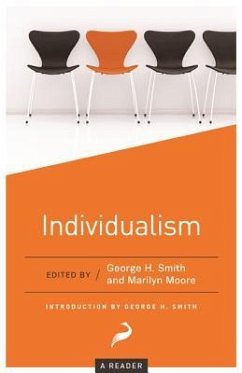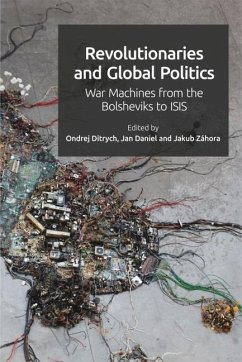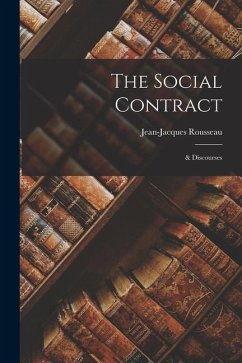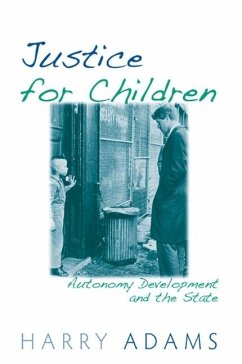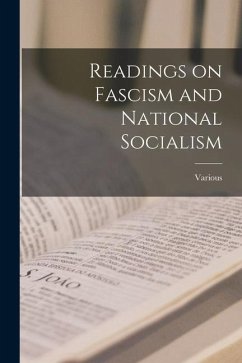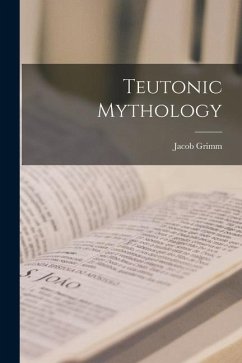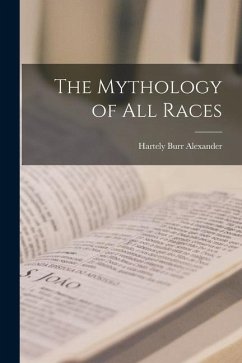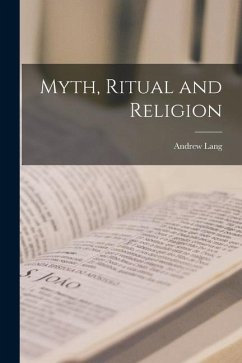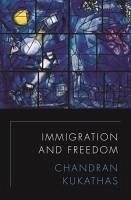
Immigration and Freedom

PAYBACK Punkte
13 °P sammeln!
"Few would deny that immigration controls are restrictions on individual freedom. In debates about immigration, however, freedom is rarely mentioned. When it is raised it is usually indirectly, and the contending parties typically divide into those who question the wisdom or the morality of limiting the movement of would-be immigrants and others who think such restrictions warranted. The language of freedom rarely makes an appearance, perhaps because the liberty of foreigners or aliens does not really interest most people. Advocates of immigrants express a concern for the welfare of outsiders;...
"Few would deny that immigration controls are restrictions on individual freedom. In debates about immigration, however, freedom is rarely mentioned. When it is raised it is usually indirectly, and the contending parties typically divide into those who question the wisdom or the morality of limiting the movement of would-be immigrants and others who think such restrictions warranted. The language of freedom rarely makes an appearance, perhaps because the liberty of foreigners or aliens does not really interest most people. Advocates of immigrants express a concern for the welfare of outsiders; others appeal to the welfare of natives and the integrity of the nation. The point of this book is to establish freedom as the basis of the immigration question. Chandran Kukathas argues that what's at stake is nothing less than the liberty of citizens and residents of the free society, and therefore the free society itself. To put it simply, immigration controls are controls on people, and it is not possible to control some people without controlling others. More specifically, it is not possible to control outsiders (aliens, foreigners, would-be immigrants) without controlling insiders as well, and to enforce immigration control is to enforce control generally. The author shows why this must be so, and explains why it is significant. Over the course of eight chapters and an epilogue, the books draws anecdotally on current and historical immigration practices in Canada, the United States, Australia, Japan, Singapore and most of the major Western European countries, but the information is deployed in service of an accessible, first-principles argument. To assess immigration, he says, we must think then about what we value most about our society and also come to a clearer understanding about what we mean by immigration in the first place. In the conclusion, he defends the need for greater freedom of movement-which ultimately means a world of more open borders"--




